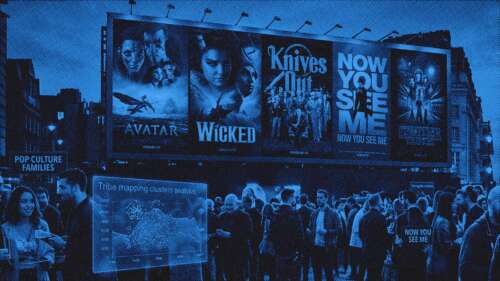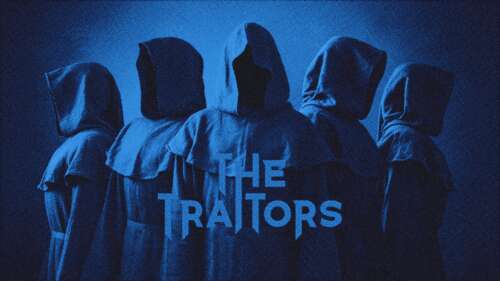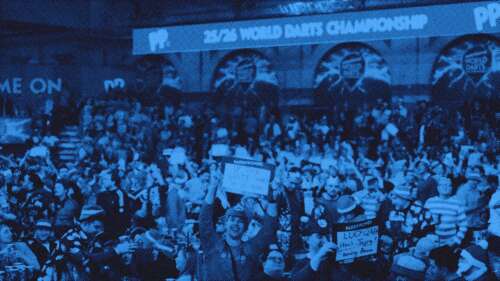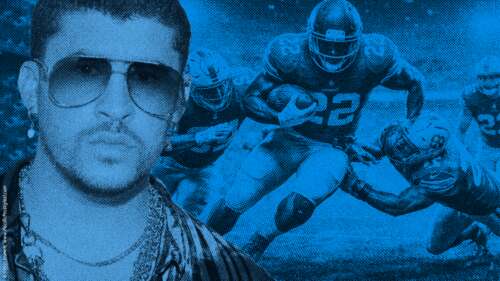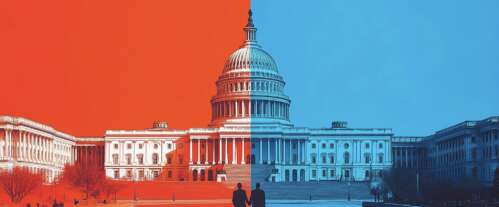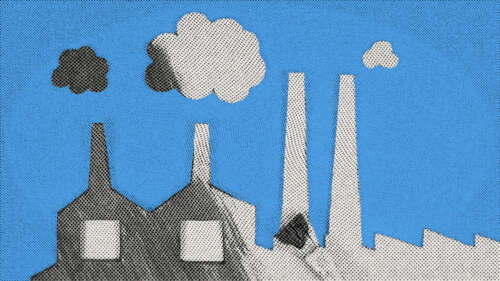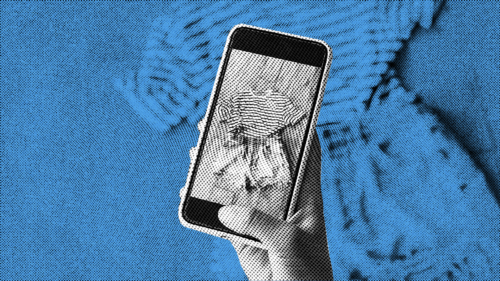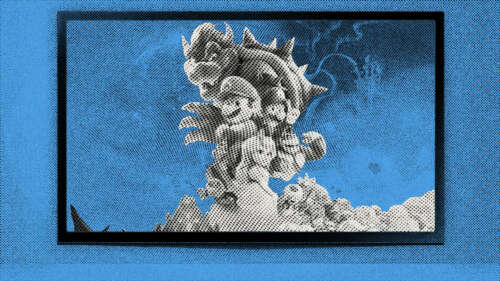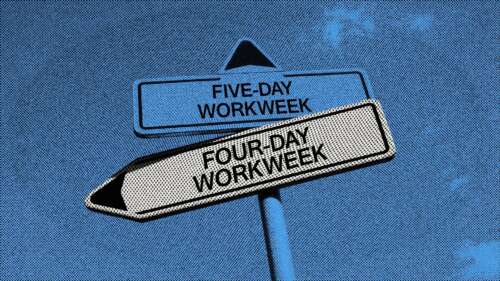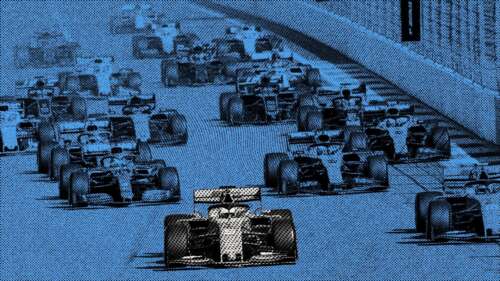By now we have probably all heard of NFTs, the digital collectibles that are supposedly revolutionising the art industry, and causing quite the stir online while they’re at it.
As evidenced in the graph below, NFTs have gone from strength to strength over the course of the year and have reached a crescendo on social media over the past month, peaking at around one million mentions per day.
In order to break down their most recent boom, we took a look at all of the new followers of NFT exchanges and marketplaces, such as Open Sea, Binance and Nifty Gateway, over the month of August. This allowed us to isolate the newer audiences and steer away from the hardcore NFT devotees. Here’s what we found:
The audience at a glance
1. NFTs are not challenging (or engaging) the traditional world of art
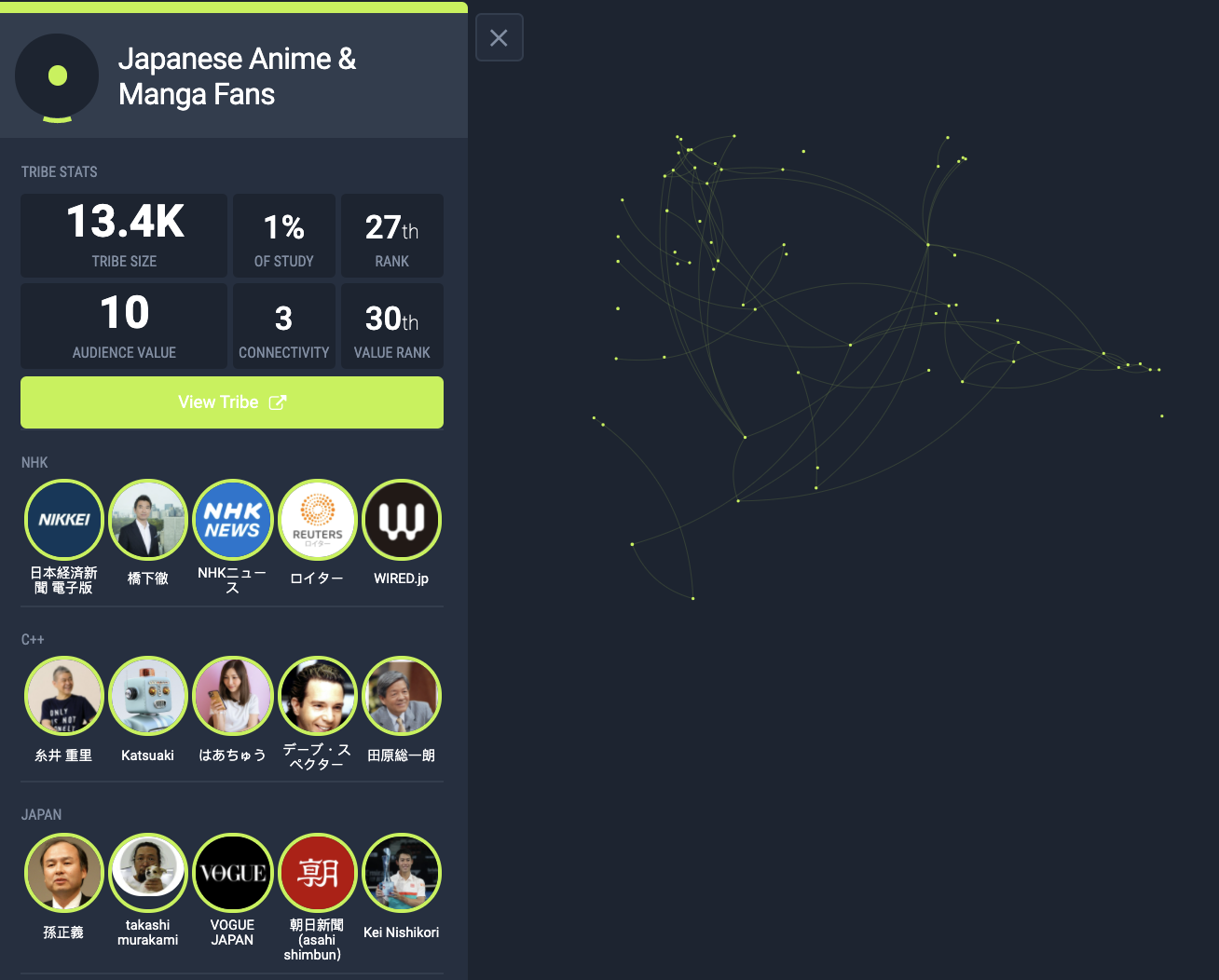
NFTs are about technology, not about art. The audience for NFTs could not be more different to that of the traditional art world. Our study saw a profound lack of ‘high society’ types or gallery-going culture vultures. In fact, we saw nothing that remotely resembled the traditional idea of ‘high culture’. The closest we came to ‘high art’ in our audience were tribes focused on animation, anime and manga - all of which are closely aligned to the digital aesthetic followed by most NFTs.
2. Innovation is now pop culture in the US...
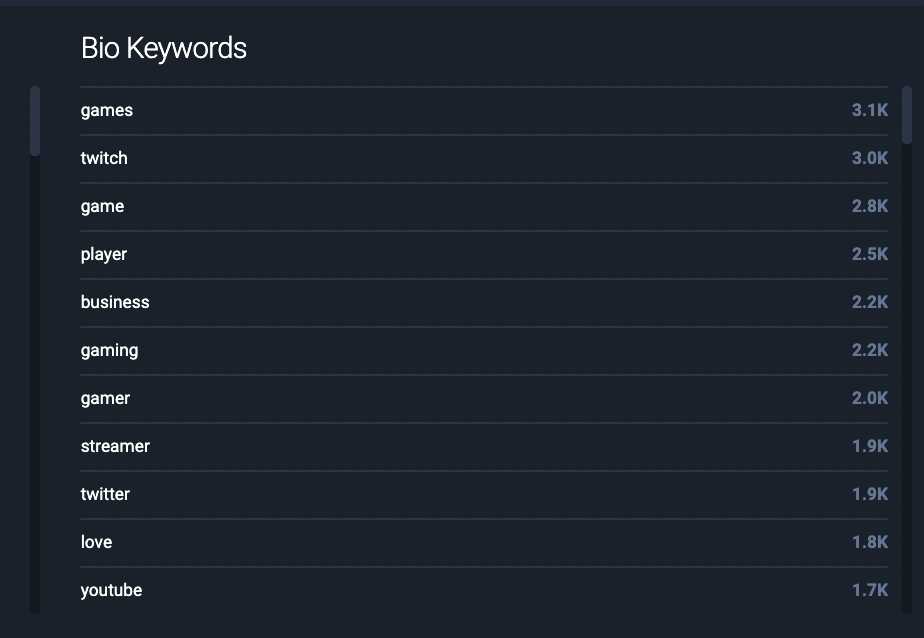
A number of audiences identified in our study point towards the mainstream adoption of NFTs. We uncovered a variety of hip-hop, sports and gaming fans - all key components of contemporary culture with huge global audiences.
A primary reason for NFTs' adoption into the mainstream is thanks to the rise in celebrity interest. While Tesla CEO Elon Musk may be the first that comes to mind, tech moguls aren't the only ones wanting to cash in on the NFT trend. Many other big names in the sports and entertainment worlds are also starting to invest in crypto and blockchain, including Kate Moss, Paris Hilton and Eminem, all of whom are known to dabble in the NFT market and have no doubt contributed to their widespread appeal. As a result, NFTs are fast becoming another piece of evidence to suggest innovation must now be considered a pillar of pop culture in the US.
3. ... But not so much elsewhere
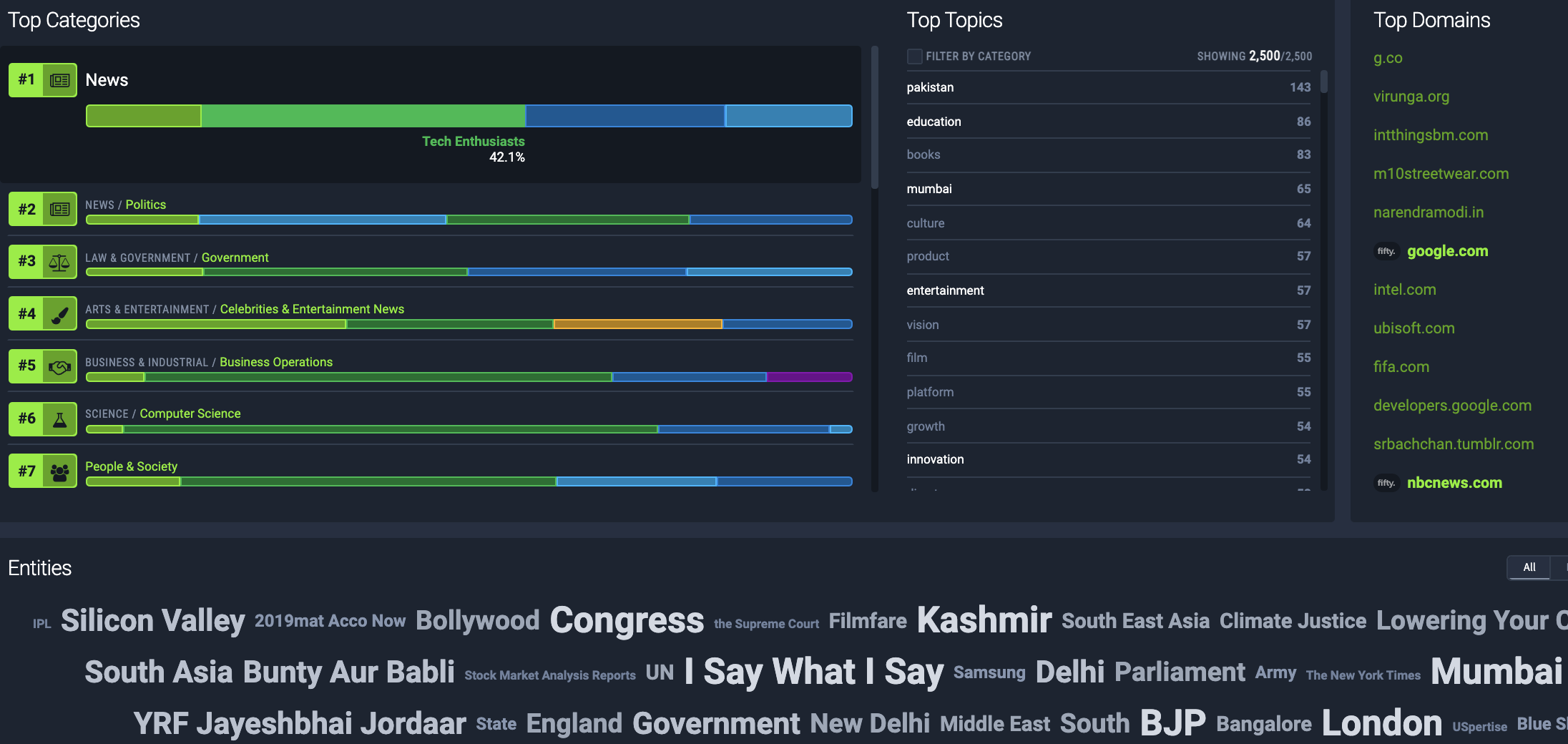
From a US perspective, NFTs have clearly grabbed hold of mainstream adoption. However, the story is different across the globe. Particularly in Asia, South America and parts of Europe, the only engagement we saw in our study came from hardcore techies - people plying their trade in the technology sector. This trend appeared a little more evolved in the UK, Nigeria and Japan but, generally, it seems we are still quite early on in the ‘diffusion of innovation’ curve across the globe.
4. The latest phenomenon born out of the ‘apes’
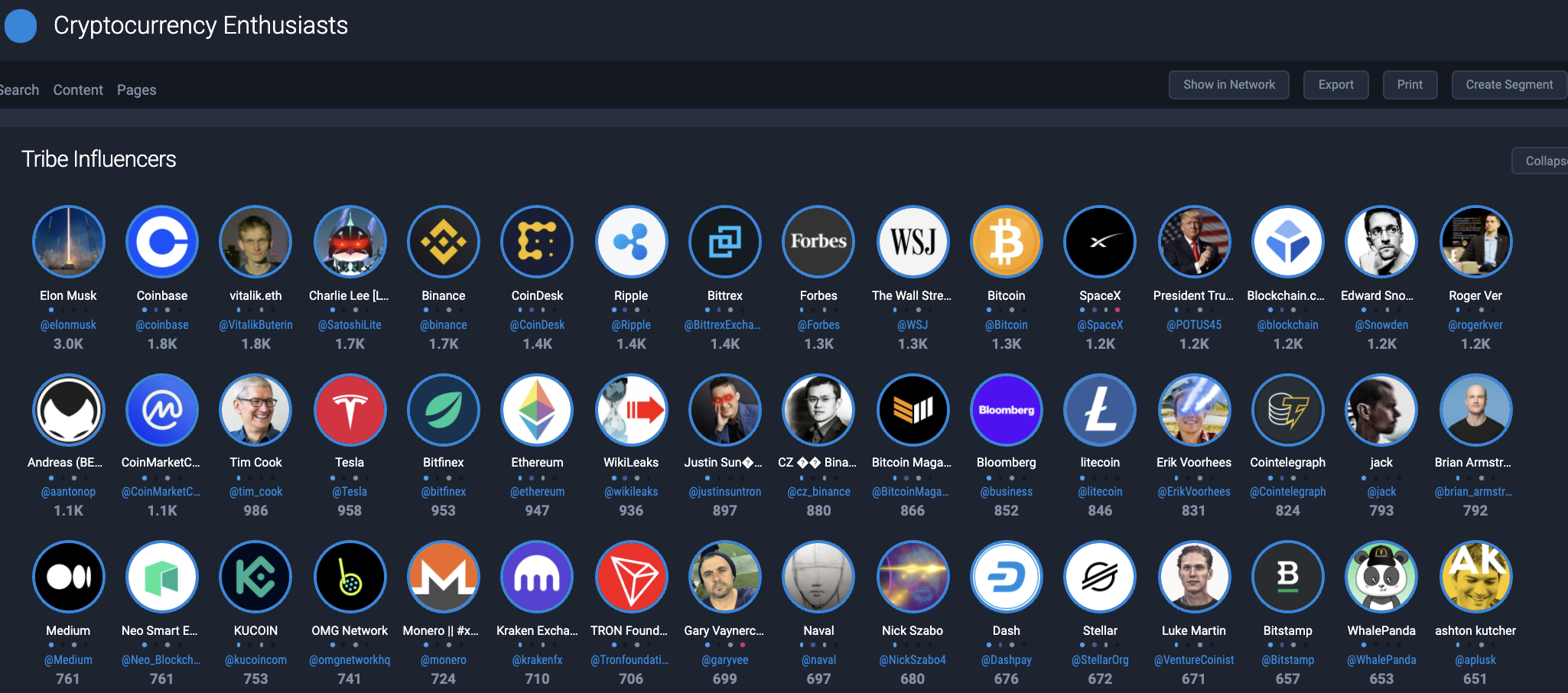
2021 witnessed the birth of a new online cohort: the ‘apes’. It is hard to define this new community, but we’ll give it a go. Predominantly Gen Zers, this audience of amateur traders has constructed an enormous community on Reddit and Twitter through a shared love of memes, technology, gaming and, perhaps most characteristic of all, anti-establishment views.
Back in January, we saw the Gamestop saga, where these ‘apes’ took on Wall Street and won, triggering soaring crypto prices (most notably for the meme crypto, Dogecoin, which rose 8515% in just 12 months). More recently, their attention has turned to NFTs, and while we don't know where it is headed, it certainly feels like the NFT market is only just getting started.
5. Blockchain is cool
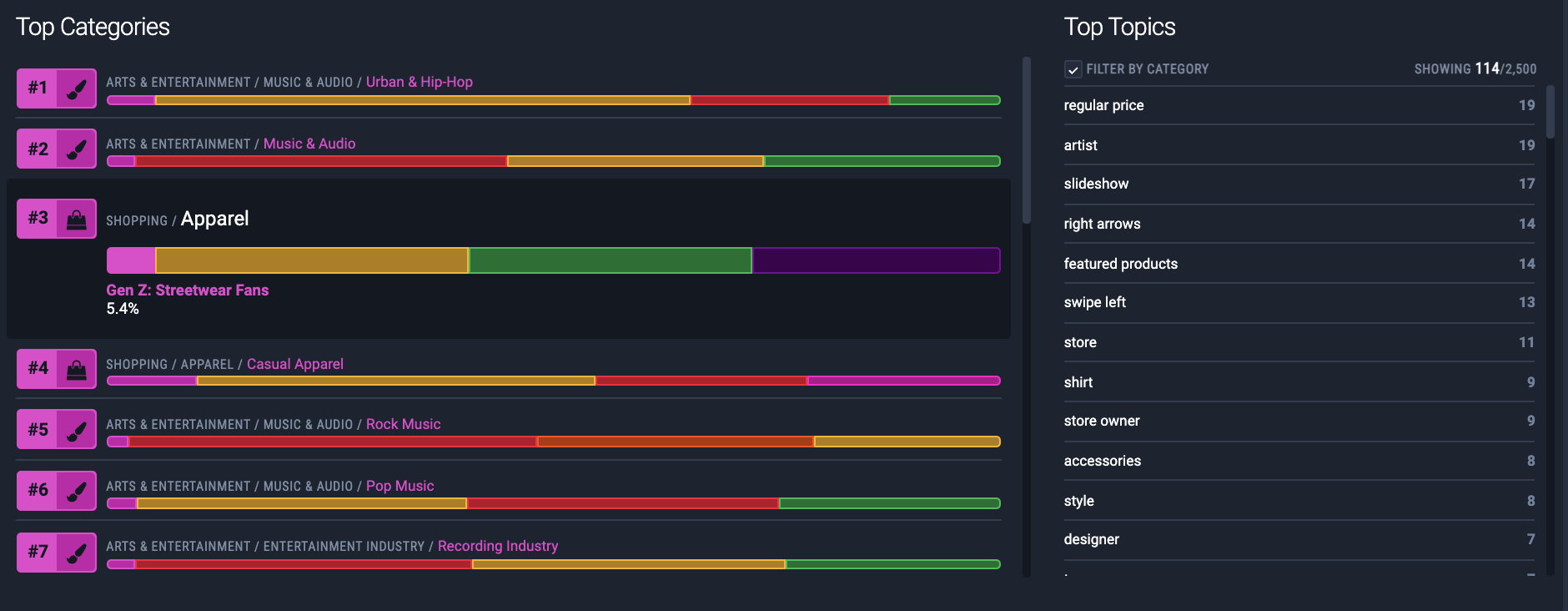
We also identified a number of truly ‘trendy’ audiences within our study. Firstly, we can see a strong interest in music, namely Hip-Hop and Electronic, both of which form two of the top five largest tribes. Secondly, we identified a swathe of 'Streetwear Fans’ (or perhaps better known as ‘Hypebeasts’) and 'Cannabis Culture Advocates', which represent two emerging markets that, much like blockchain, are causing major industry disruption and attracting younger, trend-seeking audiences. (Unsurprisingly, similar audiences emerged in our study of cryptocurrency Ethereum earlier this year.) And with investment culture moving away from traditional assets towards new and disruptive forms of investment, it's safe to say that blockchain is officially cool.
Want more insights like these? Book a platform demo today.



